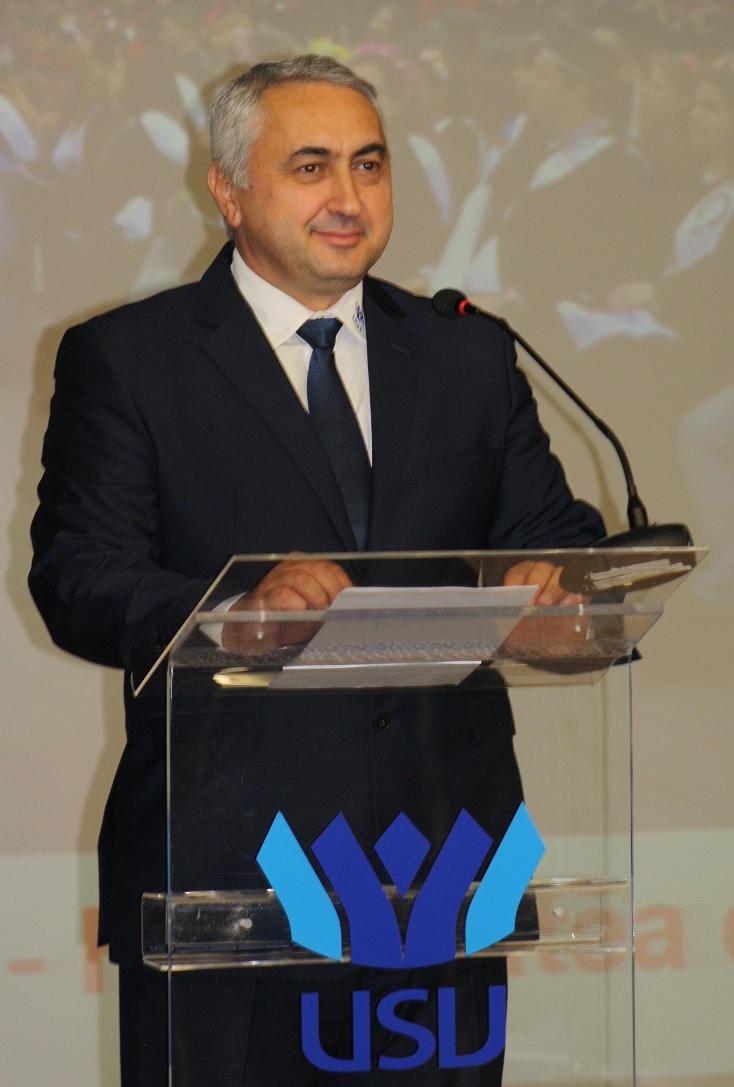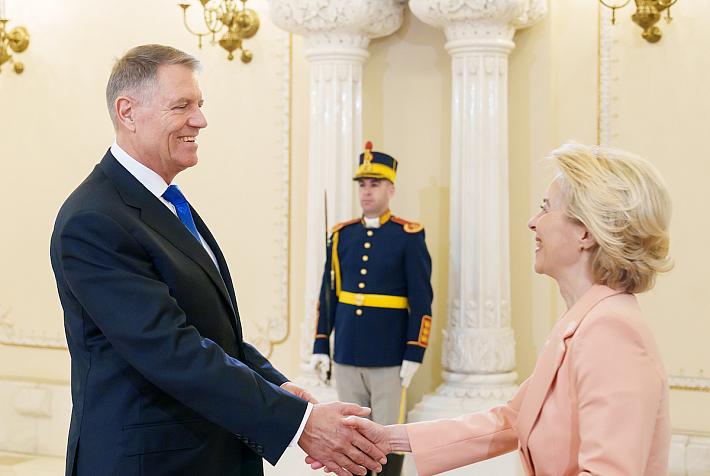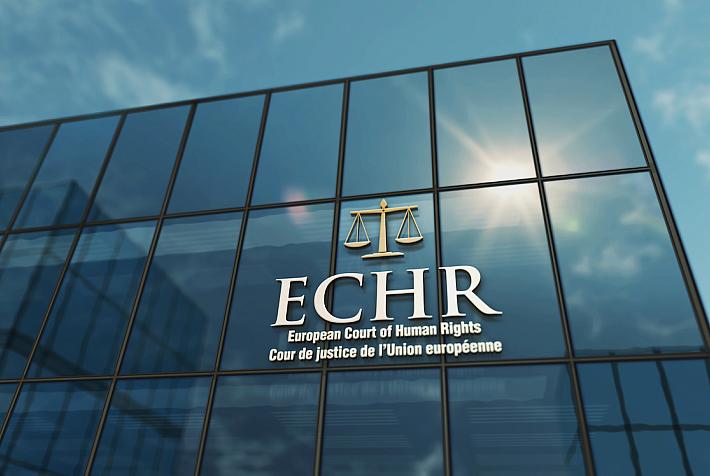Romanian minister: Plagiarism cases, not that important in local education

Valentin Popa, the newly appointed education minister, has already raised controversy with his views on plagiarism and speeches marred by grammar mistakes.
At his confirmation hearings, the new minister said that it was a pity to overshadow the progress in the local education system by emphasizing elements that are not that important, like plagiarism cases.
“Our education system is very good and it is a shame to overshadow its values by emphasizing elements that are not so important, like plagiarism cases. We talk too much of the 0.1% PhD theses that were found to be plagiarized, especially when the law we should use to condemn them is far from perfect,” Popa said, quoted by News.ro.
The new minister said the law “doesn’t stipulate anywhere that we should use quotation marks on a text we take over, that we should put the citation immediately after it, although today most of our researchers do this, but the law doesn’t stipulate it.”
Popa explained that he wasn’t taught in college to use this type of citation and this is a source of many problems. “The law should foresee clear norms of applying citation styles. Every publishing house, every university currently has these norms. We don’t need to legislate this at a national level. Every journal, every publishing house should follow their own rules,” he said.
In recent years, various media reports uncovered many cases of politicians who had plagiarized their PhD theses.
The technocrat government of Dacian Ciolos had a zero tolerance policy towards plagiarism, which turned into one of the main topics of the public agenda of the day. Mircea Dumitru, the Education minister in the Ciolos government, said at the time that he expected the main educational institution associated with plagiarism cases to take a clear stand on the problem.
In 2016, several politicians submitted requests to give up their PhD titles received from the “Mihai Viteazul” National Intelligence Academy. Among them were the former interior minister Radu Stroe, former defense minister Mihai Stanisoara, Romania’s deputy general prosecutor Bogdan Licu, and Neculai Ontanu, the former mayor of Bucharest’s District 2.
The same year, former prime minister Victor Ponta lost his PhD title after the local commission that evaluates academic titles, part of the National Council for Attesting University Titles, Diplomas, and Certificates (CNATDCU), recommended it.
In response to Popa’s appointment as education minister, Mircea Dumitru, the rector of the Bucharest University, submitted his resignation from all the positions held in CNATDCU. Dumitru argued he did not want to leave the impression that his presence in CNATDCU would mean some form of agreement with the new minister’s vision. He also said the new minister “is suffering from dramatic episodes of childish struggle with the basic grammar of the Romanian language” and that he should start studying the basics of grammar instead of managing “a huge responsibility for the children and the future of this country.”
Controversy had already built around the new minister after a video showed him making grammar errors, like the subject-verb disagreement, or using the regional forms of some words. The minister admitted to making grammar mistakes but said anyone can make mistakes. “Can we find a public person who hasn’t made such errors in the past years?,” he asked, quoted by Mediafax.
The minister used the version pamblica (Romanian for ribbon) of the standard panglica. The Romanian Language Dictionary (DEX) lists pamblica as a regional version. Still, several MPs of the National Liberal Party (PNL) cut ribbons in front of Popa, during his parliamentary hearings, as an ironic reminder of his speech style. An MP of the Save Romania Union (USR) also handed Popa a grammar book.
Meanwhile, a group of rectors from several public and private universities in Romania reportedly signed a letter expressing their support for the appointment of Popa to his government post. A total of 45 rectors signed the letter, including the ones of the Bucharest Polytechnic and of the Bucharest Academy of Economic Studies (ASE), Agerpres reported. Popa himself was a rector of the Stefan cel Mare University in Suceava, in northeastern Romania.
However, Ioan Aurel Pop, the rector of the Babes-Bolyai University in Cluj-Napoca, denied ever signing such a letter. He told Adevarul he has not and does not support Valentin Popa as education minister.
What are the new minister’s plans?
- the focus should shift from asking students to memorize information to making sure that they understand what they learn and can use it in various contexts. “The pupils and students should be taught how to learn and especially how to innovate,” the minister said.
- over 2,500 educational units will be built and modernized in the next three years. By 2020, Romania should no longer have educational units functioning without safety or health permits.
- the implementation of the European norms that stipulate that grades should not be public, but known only by the student, the parent and the teacher.
- adopting unified evaluation standards.
- increasing school attendance rates by providing financial deductions to parents.
editor@romania-insider.com
(Photo: www.eed.usv.ro)















